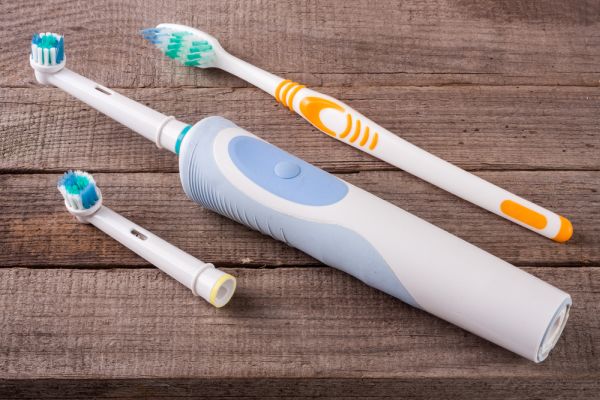Tooth Enamel: Why is It Important to Oral Hygiene?

In recent times, more and more people are catching up with the importance of tooth enamel and its contribution to ensuring excellent oral hygiene.
The tooth enamel is the first and strongest layer of the teeth. It serves as a sturdy shield for the teeth and protects the delicate layers of the teeth and gum against injuries, infections and potential risks. The enamel is the strongest substance in the human body and helps to fight against the invasion of tooth decay and cavities.
The enamel is translucent and covers the dentin directly, which is the next layer that gives the tooth its color.
The crucial roles of tooth enamel
As a vital component of the tooth setup, the enamel contributes immensely to ensuring oral health. The strength of the enamel is required to protect the teeth from breaking, cracking or fracturing. Anytime you bite, brush, chew or eat, you put your teeth at risk of injury. The tooth enamel bears the abuse and prevents the teeth from falling apart.
The enamel contains fluorapatite or hydroxyapatite crystals. The fluoride crystals are highly concentrated and help the enamel withstand plaque, damage, bacteria and acid. These crystals are potent enough to avert tooth decay and cavities.
The enamel has a smooth surface to ensure that food debris do not stick to the teeth, and that helps its self-cleansing abilities. When the enamel becomes rough due to breakage or demineralization, it becomes relatively less hardy against bacteria and plaque.
The enamel is also responsible for protecting the incisors from sensitivity to temperature alterations. The physical properties of the enamel are responsible for the teeth’s glossiness and nature.
What if the enamel gets damaged?
Since the enamel serves as a shield for every other layer in the teeth, damage to the enamel means the teeth will be at risk of bacterial invasion, infections and breakage. Despite its resilience, the enamel is susceptible to cracking and chipping. As there are no living cells in its structure, the cracks cannot heal naturally if the enamel is damaged due to injury or breakage.
How to protect the enamel
Protecting the enamel is as simple as abiding by basic dental hygiene rules. Ideally, you should avoid foods and drinks with high sugar and acid content. Sugary and acidic meals are the main contributors to enamel degradation. The substances stick on the teeth and join the bacteria in the mouth to produce acid that damages the enamel.
You should also brush and floss twice daily, not forgetting to book regular appointments with the dental hygienist or dentist.
Bottom line
Generally, protecting the tooth enamel should be your initial step at preventing oral conditions like a toothache, dental cavities, periodontal diseases, halitosis or gingivitis. It is clear that the enamel is essential for keeping the teeth healthy and sturdy, which means you should take your oral hygiene habits seriously. If you need help, contact the dentist for a checkup or evaluation.
Request an appointment here: https://smilefreshdentalgrandblanc.com or call Smile Fresh Dental at (810) 515-7083 for an appointment in our Grand Blanc office.
Check out what others are saying about our services on Google: Read our Yelp reviews.
Related Posts
To manage the pain you will feel after a root canal treatment and to prevent infection, it is critical to follow proper aftercare. The treatment is standard, so it should not be a surprise to your dentist. Once you go home, you will need to follow some aftercare tips to keep your mouth healthy. Here…
Dental professionals use a root canal treatment to stop tooth decay from getting worse and treat the effects of tooth decay. While reversing tooth decay is not possible, root canal treatment can often restore the appearance, shape, and overall health of a tooth that is damaged by a severe cavity.While minor cavities may only need…
Root canal treatment is often the best (or only) way to deal with an abscessed tooth that results from a tooth infection. This review discusses the role root canal treatment plays in treating an abscessed tooth and what you can expect throughout the diagnostic and treatment processes.An abscessed tooth can affect one’s ability to function…
Root canal treatment is often the last course of action to save teeth that have been severely damaged or infected. A tooth might become damaged due to trauma to the face or tooth decay destroying its structures.The procedure has a bad reputation as one of the most painful treatments performed by dentists, but patients usually…
